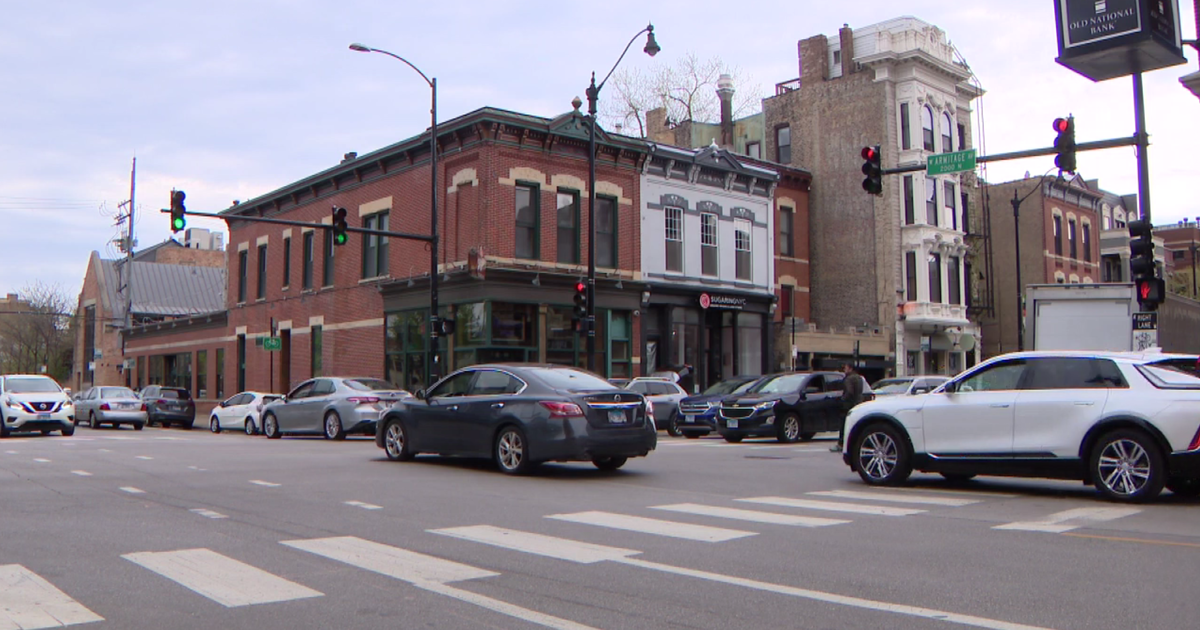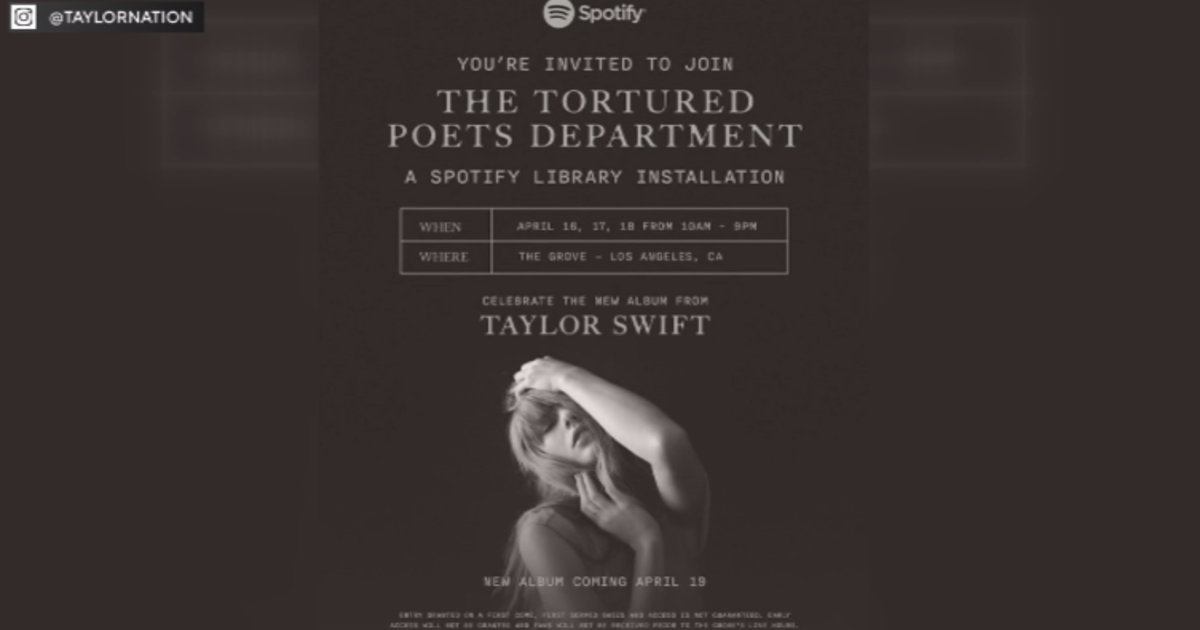Measles Outbreak: To Vaccinate Or Not Vaccinate
With the potential to affect thousands, the recent outbreak of measles in the U.S. has placed a spotlight on a debate that’s raged for years.
Recently, 26 cases of measles, a highly contagious and deadly respiratory viral disease that causes fever, runny nose, cough, red eyes, sore throat and rashes, have been documented across four states, including California, Utah, Colorado and Washington.
Each of those cases has been connected to recent trips to Disneyland in Anaheim, California.
At least 15, or more than half, of the 26 children infected with the virus were unvaccinated, prompting some to question why not, especially after the Centers for Disease Control and Prevention has said the growing outbreak of measles is linked to the decline in child vaccinations.
Some parents and professionals in the medical community believe that children receive too many vaccinations in too short a window of time with the risks of vaccination outweighing the benefits at times for otherwise healthy children.
In less common cases, severe allergic reactions have happened.
While vaccinations have remained an effective way of preventing disease and illness, many believe that severe allergic reactions, asthma, attention-deficit-hyperactivity disorder, and learning disabilities can occur.
Another perceived risk that has received major media attention is that of autism.
After a controversial (and now retracted) article ran in the publication The Lancet in 1998 and actress Jenny McCarthy spoke out about how unsafe vaccines were in relation to her autistic son, the public took the anti-vaccine movement as real and legitimate.
Since then, huge numbers of parents have made the decision not to vaccinate their children.
In California, parents turned in 13,592 personal belief exemptions opting their children out of receiving the measles vaccine in 2014 compared to the 6,340 who opted out in 2004.
However, this recent decline in vaccinations has the potential to spawn even more outbreaks across the country.
For instance, measles infections in the U.S. rose exponentially in 2014, with 644 reported cases occurring in the U.S. according to the CDC. That’s the highest number since 2000 when the disease was once thought to have been eradicated.
Parents making the decision not to vaccinate their children are helping the spread of the disease for what those on one side of the debate would say is a small benefit and an enormous risk.
With studies reassuring the safety of the current vaccination schedule for children, parents may have to weigh the pros and cons for their own children when it comes time to vaccinate.



